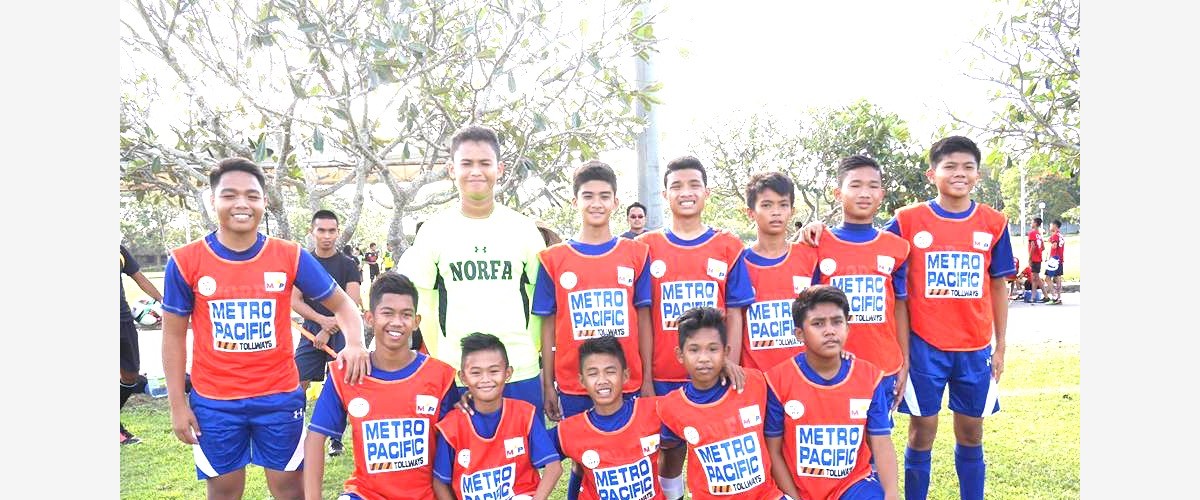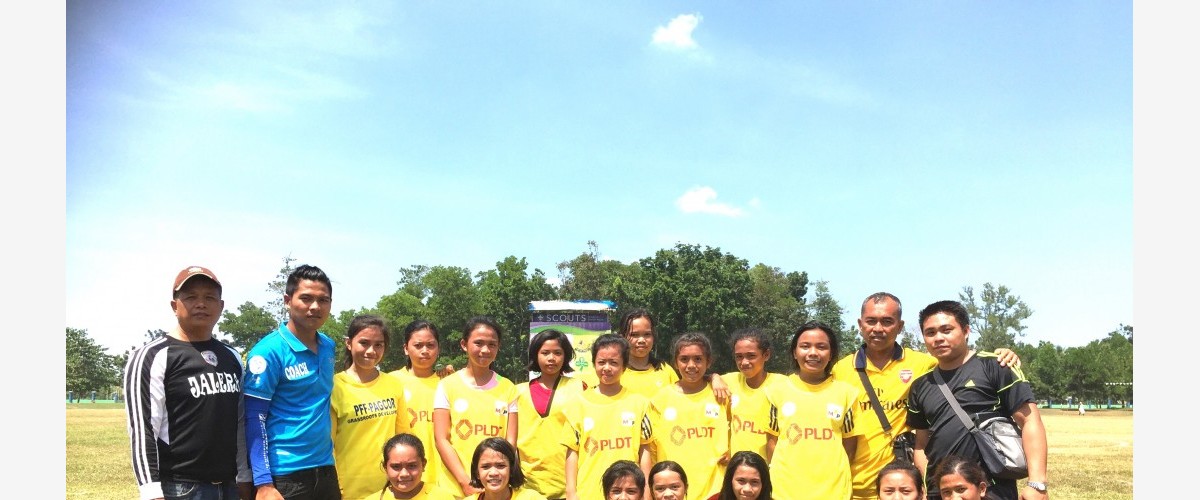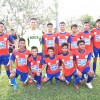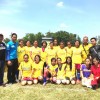For a country looking to recapture the magic of its proud footballing past, the Philippines has indeed come a long way the past six years.
The sport had been in the doldrums, up until 2010 when the national men’s team made history in the ASEAN Football Federation Championships, where the Azkals beat then defending champion Vietnam in its home turf in Hanoi.
That achievement ensured that “The Beautiful Game” was again relevant in a country where basketball is still king.
But such improvements can only be sustained with enough resources for programs aimed at discovering talents not just in the senior side, but the age-group and women’s teams more importantly.
The Azkals may have become the center of attention, but their performance did not totally reflect the state of the sport in the country.
“There is still a lot of work to be done in our other programs from the coaches to developing players at the grassroots level,” Philippine Football Federation president Mariano “Nonong” Araneta admitted.
Araneta took the helm at the PFF at around the same time the Azkals went on their amazing run in Hanoi.
A former national team skipper himself, Araneta certainly knows what he’s talking about.
And he is candid enough to admit that the PFF needs all the help it can get to achieve their goals from the age-group up to the senior team level.
That’s where the MVP Sports Foundation has come in.
The MVPSF has given the sport a shot-in-the-arm in recent years, making football among its priority programs as it does its part to sustain the success of the country at the international level.
But before MVPSF’s involvement with football development programs, Smart Communications, one of the companies that is part of the foundation, had long started the ball rolling by supporting the Azkals and other PFF programs.
The Azkals’ historic march to the semifinals of the AFF Championships in 2010 put the sport back in the map. The team became an instant hit as soon as it returned with then President Benigno Aquino welcoming the players in Malacanang.
Corporate support poured in with Smart Communications immediately rewarding the team with P1 million.
Looking to take their support further, Smart proposed a sponsorship package of P80 million spread over 10 years to help fund the PFF’s programs, including grassroots and the national team.
It was then Smart Sports executive director Patrick Gregorio who made the commitment at the PFF Congress in Cebu - a move that was welcomed by the country’s football leaders.
Several competitions were created from the sponsorship package, particularly the Smart Club Championship and the Smart Under-22 Championship, which has become an integral part of the PFF’s talent identification program.
Vincent Santos, the MVPSF program director for football, said the foundation increased its support recently when it helped fund a camp in the United States for the women’s teams.
From that camp, an initial list of 160 players participated, but only close to 40 players were selected for the Under-14, Under-16, Under-19 and women’s national teams that vied in different tournaments last year.
The Under-14 team pulled a surprise by nailing second place in the AFC regional tournament despite injuries to the squad.
By any measure, the team did the country proud as it duplicated the feat of the 2014 team.
Last year’s squad team rose above adversity to give powerhouse Thailand all that it could handle in the finals. It was quite an achievement for a team that lost a key player to an ACL injury and had one of its goalkeepers ineligible due to a passport issue.
The Pinays had a terrific tournament, defeating the hosts Laos 3-1 in the opener, then drawing with Thailand 2-2 with a dramatic 76th minute stoppage-time equalizer from Katelyn Alexander, who was among the players selected from the US camp funded by the MVPSF.
A subsequent 1-0 group win over Cambodia put them in the semifinals against Myanmar. With the score knotted at 1-1 at the half against Myanmar, Carleigh Frilles came up with second-half hat trick to lead the Philippines to a 5-1 rout.
The magic ran out and the Thais prevailed, 1-0, in the final.
The presence of outstanding Filipina players from the USA and Canada gave the team a boost, but one of the assistant coaches Belay Fernando was proud to say that the overseas-born Filipinos had no special treatment in the selection process and were picked purely on merit.
The Under-14 girls performance turned out to be one of the highlights of the year for Philippine football. With the MVPSF’s help, women’s football is gathering momentum. It’s an encouraging trend that could lead the country to bigger goals.
Marielle Benitez, a former national team captain, who was one of the coaches of the Under-14 team said it won't be “too far off to see the Philippines in the Women's World Cup one day”.
Santos said supporting the women’s talent identification program was an easy decision since getting players based in the United States strengthens the team.
The US is a world power in women’s football. But Santos also knows that sustained success can only be achieved if the country’s programs produce better players here at home.
“We try to compliment existing programs,” said Santos.
Ernie Nierras, a former women’s national team coach, who helped organize the camp in the United States said the MVPSF’s support went a long way in ensuring the success of the program.
“It was huge because in the past we didn’t have support with uniforms and other logistical needs,” said Nierras. “Because of the MVPSF’s support, we were able to bring in more coaches to observe players.”
National women’s team coach Buda Bautista and PFF technical director Aris Caslib helped out in selecting the outstanding players from the camp. National men’s team coach Thomas Dooley also spoke during the weeklong camp.
Santos said the MVPSF is looking forward to partner with the PFF for programs for the boys’ youth teams as well as organising a coaches conference early next year.
Davao, Bukidnon, Cebu, Iloilo, Negros Occidental and Manila have been identified as areas of development by the MVPSF and the PFF.
“Right now, our help is purely in grassroots. But we will slowly be stepping into elite player development,” said Santos. “It’s really a long process because other countries also have strong football programs. But eventually, we hope to see some results.”
The conference is in the planning stages, according to Santos, who stressed the importance of coaches’ education in developing quality players.
“We want our coaches to exchange ideas and share the challenges that they are facing and at the same time learn from experts,” said Santos. “When we have better coaches, we develop better players.”
Araneta said the help of the MVPSF has gone a long way in making sure that, outside the Azkals, the country’s football programs remain vibrant as ever.
“We are very grateful for their support from the recruitment of players to the camps and other youth projects,” said Araneta.
The future is indeed bright for Philippine football, but there is much work to be done to ensure that this success is long-term.
The right building blocks are being put in place with the help of the MVPSF, and if the plans are correctly implemented there is no reason why Philippines football cannot continue to thrive.





